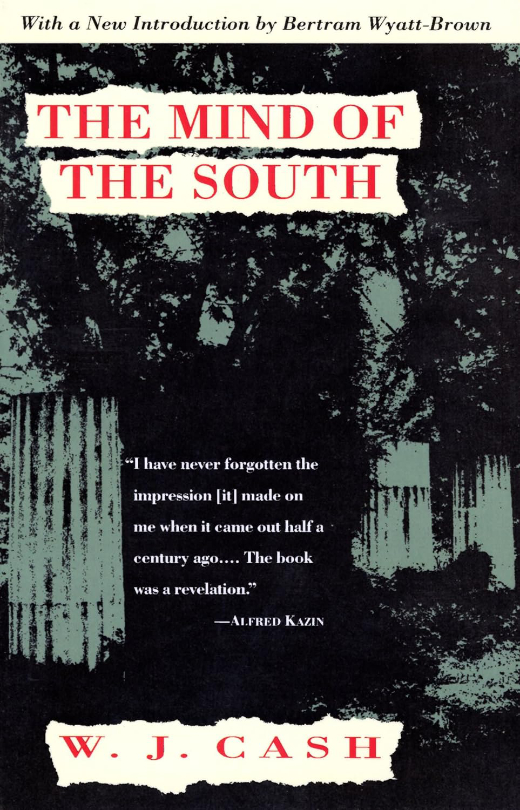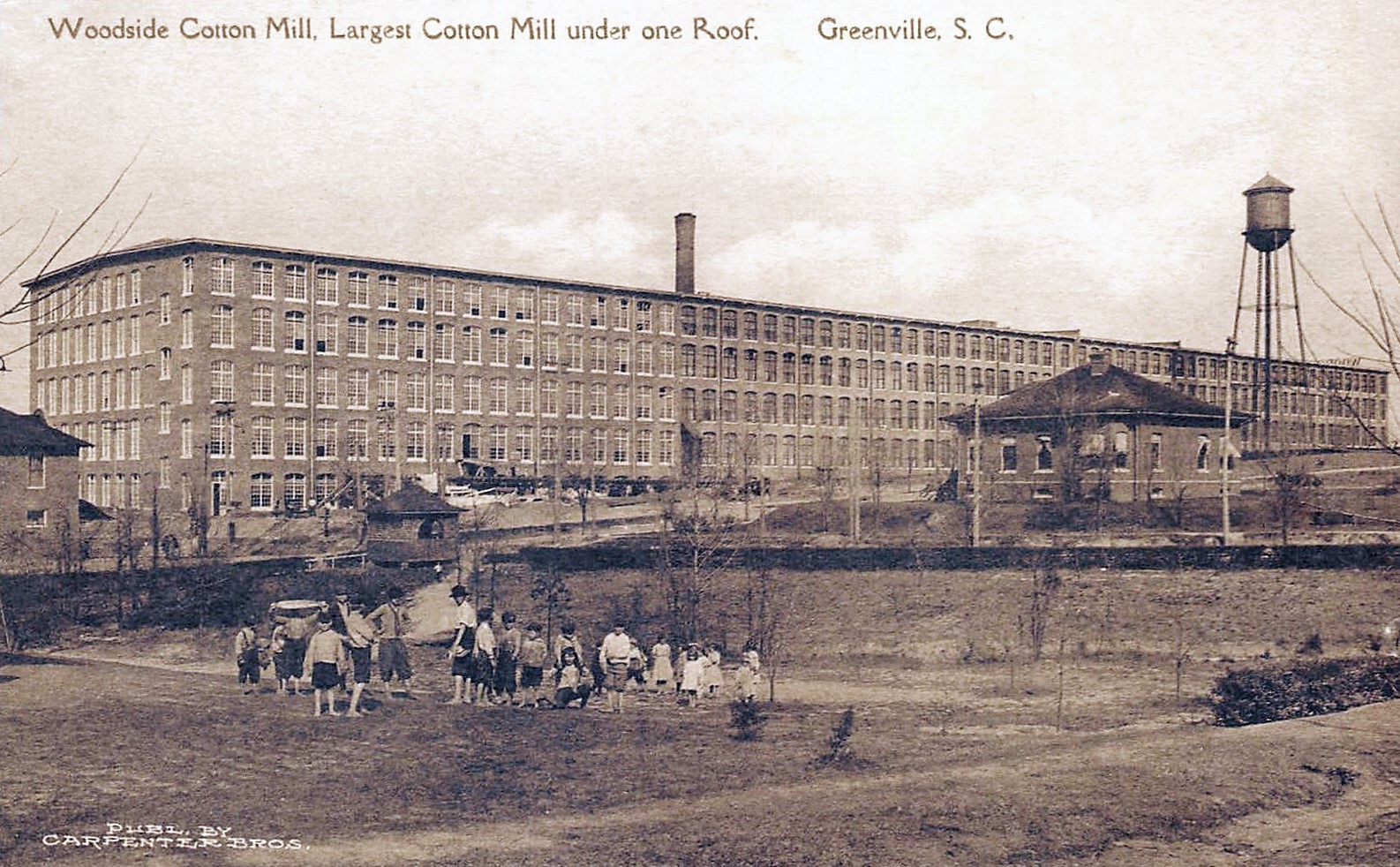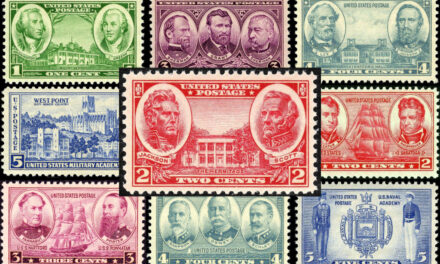
A Native Son Critiques His Region: ‘The Mind of the South’ Book Review
W. J. Cash, The Mind of the South. First published by Alfred A. Knopf, February 10, 1941.
Written in 1940, The Mind of the South is a book-length essay by W.J. Cash, a “loyal son of the South,” that examines and attempts to explain Southern history, values, and attitudes. The book develops and expands on the ideas in an article of the same name that Cash had written for publication in The American Mercury in October 1929.
The book contains numerous valuable insights and much thought-provoking analysis of what made (and in many respects, still makes) the Southern section of the United States unique. Cash was born and raised in the Carolinas and clearly has a great love for the South. But his “loyal son” status doesn’t prevent him from criticizing and lamenting what he sees as the South’s many failures and shortcomings.

Buy ‘The Mind of the South’ on Amazon
As an Amazon Associate, I earn a commission from qualifying purchases
I bought this book in the late 1960s when I—a “loyal son of the North”—attended college in North Carolina. It languished unread on my bookshelf for many years, however, until I finally picked it up and decided to read it in 2018, in part to see what light it might shed on the regional differences that seem to be on stark display in the United States today.
The book does go a long way towards helping me to understand the Southern mindset with more context and nuance than I previously possessed. But there have obviously been many significant developments in Southern history since 1940, so this book, as thorough as it is, can be no more than an introduction to the subject.
I have two primary criticisms of the book, one relating to content and the other to style. Both criticisms may be unfair to a book that was, after all, written almost 80 years before I read it. But here they are:
First, I was somewhat surprised at the book’s treatment of the racial question in the South. Cash does criticize the South’s “great attachment to racial values and a tendency to justify cruelty and injustice in the name of those values,” but it frequently struck me that his concern is somewhat understated and lies far more with the poor whites and the rest of the white population than with the blacks.
The term “Jim Crow” is never mentioned; the Black Codes are mentioned two or three times in passing; and the discussion of the Ku Klux Klan is not given the prominence that I expected, although he does include a substantial discussion of lynching. When he writes about the development of the cotton mills, he seems to accept the limitation of most employment opportunities in those mills to whites without much comment.
Again, this is my reaction upon reading the book through my 21st century lens some 80 years after its publication. I wonder how contemporary audiences in the 1940s viewed this aspect of the book.

Woodside Cotton Mill, Greenville, South Carolina, circa 1915. (Published for Carpenter Bros., Greenville by The Albertype Co., Brooklyn, Public domain, via Wikimedia Commons)
Second, Cash’s writing style often drove me to distraction. He is the master of the compound sentence, with a plethora of clauses, semicolons, and, especially irksome, dashes where he digresses into a related thought. Cash was clearly erudite, and the book deserves its classic status, but in my opinion, a more straightforward, simpler writing style would have made the book more accessible.
Nonetheless, I do highly recommend the book to students of American history, and Southern history especially.
Copyright © Brian Lokker 2018, 2023.







